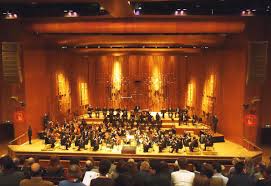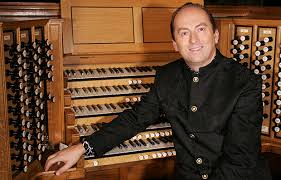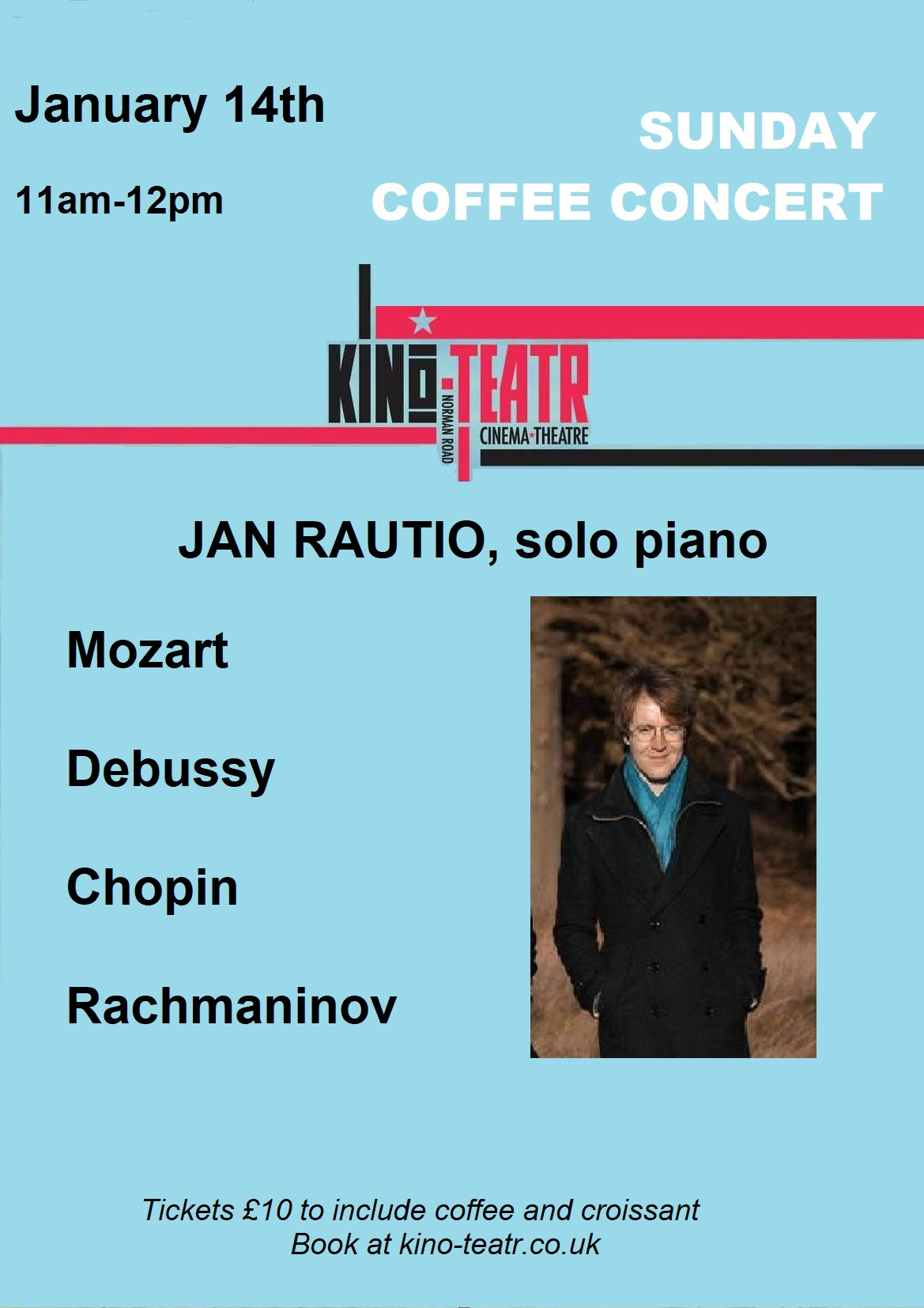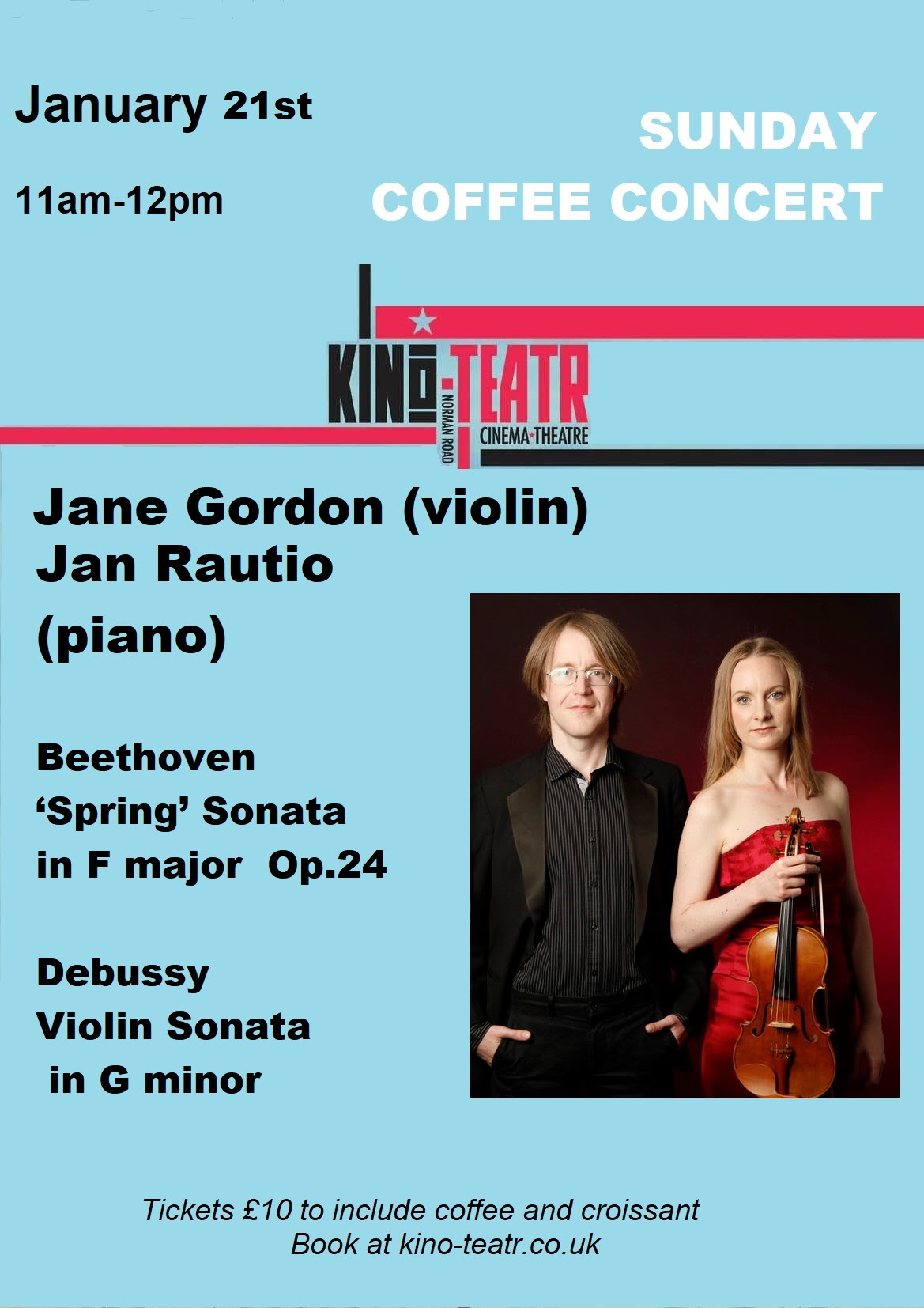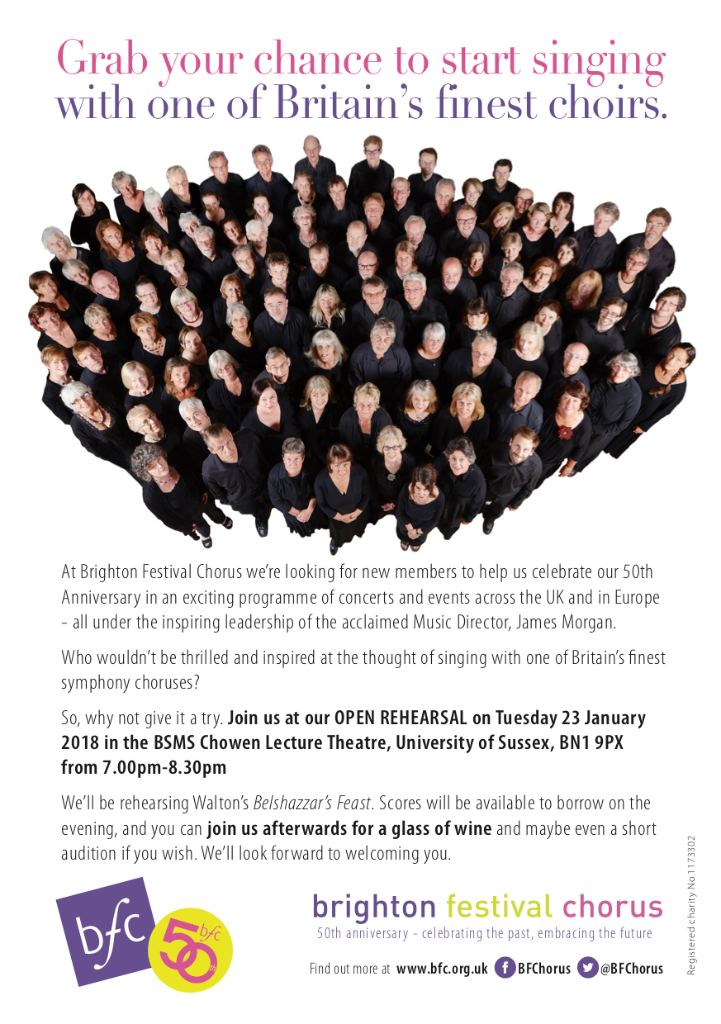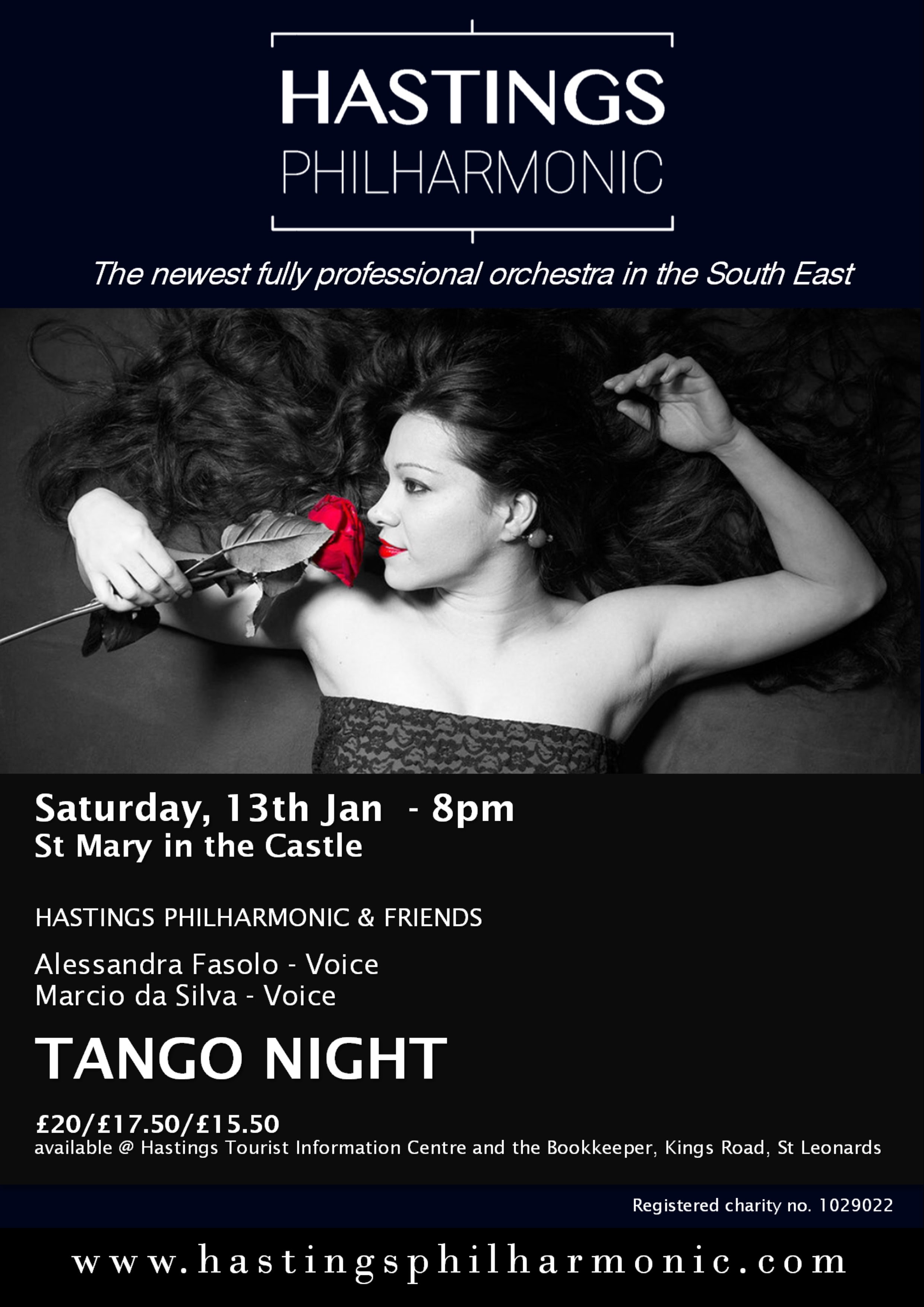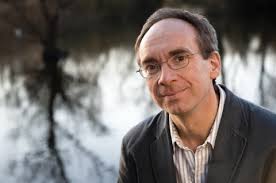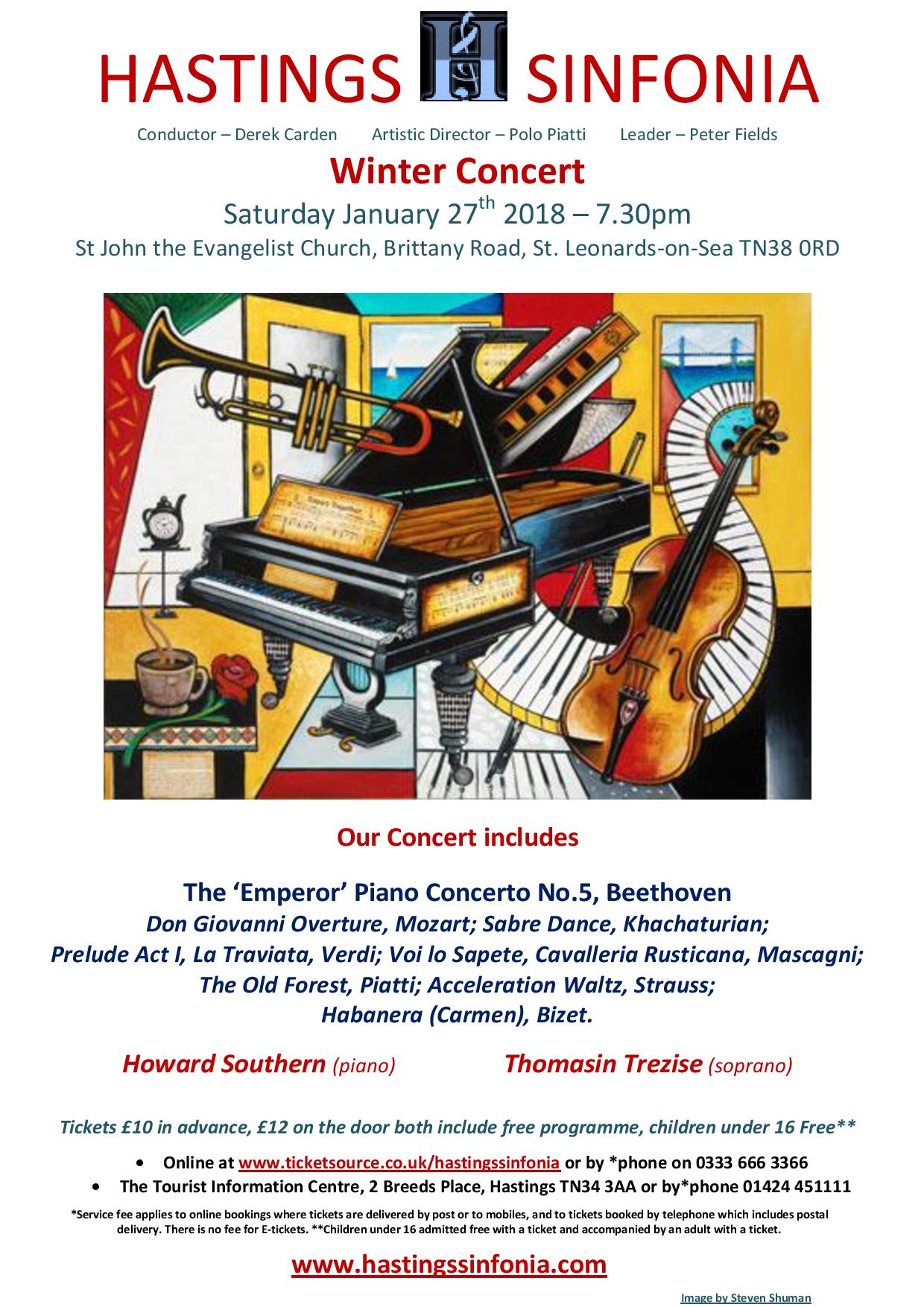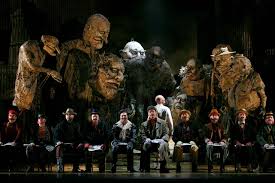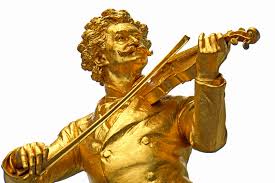Percy Grainger: Complete Music for Wind Band 1
Royal Norwegian Navy Band, Bjarte Engeset
NAXOS 8.573679
A most unusual collection with more promised to follow. Grainger’s arrangements are often idiosyncratic with hand bells and Hammond organs to the fore – but always used to fine effect. Alongside many of his own compositions come arrangements of other composers’ works. Most interesting is the orchestration of Franck’s Second Chorale – normally an organ piece but here given a far wider range of texture and tone. This is a fascinating dive into unfamiliar territory and I look forward to further volumes.
Debussy: Piano Music Vo.V
Michael Korstick
SWR 19044CD
While this new cd includes some familiar pieces – L’isle joyeuse, Masque- it is most noteworthy for the two sets of Etudes. Late works, Debussy deliberately leaves much to the performer with little indication of fingering or pedalling. Michael Korstick brings a clarity and often a severity to the pieces which seems very forward-looking and is immensely pleasing in impact.
The notes with this cd include information on the piano version of Jeux which is available for download.
From Baroque to Fado
Os Musicos do Tejo, Marcos Magalhaes
NAXOS 8.573875
This proved to be an unexpected pleasure as much for the high quality of performance throughout as well as the wide range of music included. Few of us will be aware of the range of Portuguese music and so the twenty tracks on the cd offer a valuable insight into the range of music which came out of the country over the last three hundred years. The Fado items are a delight, sitting comfortably alongside composed works by eighteenth century composers Palomino and da Silva Leite, and living composers Carlos Goncalves and Pedro Ayres Magalhaes. Most of the tracks may be short but the balance between them means that the programme flows without any uncomfortable jumps.
Beethoven, Hiller & Schubert
RESONUS RES 10203
Mozart Piano Trios
RESONUS RES 10168
Rautio Piano Trio
The Rautio Piano Trio have a growing reputation which is amply demonstrated by these two cds even if the cellist is not consistent. The Mozart cd uses original instruments and a fortepiano to create a warm ambience throughout though there is no lack of intensity of attack where needed, and real sense of enthusiasm for the scores.
The more recent cd includes the premiere recording of Ferdinand Hiller’s Piano Trio No 6 in C minor Op186, which unusually has five movements including a central notturno which links it to Beethoven’s Ghost Trio and Schubert’s Notturno D897. This is intelligent programming as it brings a fine, if unknown, work to our attention alongside familiar works which stand strong comparision with other recordings. We can look forward to further recordings from the Rautio Piano Trio given the large range of music available to them and the relatively small number of current recordings.
Elgar: Falstaff; orchestral songs
Roderick Williams, BBC Philharmonic Orchestra, Andrew Davis
CHANDOS CHSA 5188
It is the song recordings – with the ever reliable Roderick Williams – which make this a valuable new cd. While The King’s Way and the brief Kindly do not smoke may only be of passing interest, the Op59 & 60 cycles are far more important and could sit comfortably alongside the more familiar Sea Songs. Added to this are two movements from the incidental music to Grania and Diarmid and a complete performance of Falstaff. Andrew Davis draws the best from these scores, even where they are not necessarily first rank, and the whole makes for a fine programme.
MONTEVERDI AND REFLECTIONS; tears of a lover
Fieri Consort
This is a debut release produced by John Rutter on its own Fieri Records label. It includes recent settings by Ben Rowarth alongside those by Monteverdi and Luca Marenzio. The Fieri Consort use the complex harmonies of both the sixteenth and twenty-first centuries to challenge the ear as well as draw comparisons between the emotional impact of the two approaches despite the large disparity in time.
J G Janitsch; Rediscoveries from the Sara Levy Collection
Tempesta di Mare Philadelphia Baroque Orchestra, Gwyn Roberts
CHACONNE CHAN 0820
Johann Gottlieb Janitsch (1708-62) was little more than a name in the record of composers whose works had been lost until the remarkable reappearance in 2001 of the Sara Levy collection in Kiev in 1999, which was subsequently returned to Germany. Sara Levy was a fine musician in her own right and great-aunt to the Mendelssohns. The collection includes about 90 works by Janitsch, about thiry of which were previously unknown. All of this would be an excellent reason to welcome the new recording which proves to be a delight if conventional in both style and approach. The cd has four sonatas for chamber forces and an overture grosso written for two orchestras.
Copland: Orchestral works 3
BBC Philharmonic Orchestra, John Wilson
CHANDOS CHSA 5195
This recording brings together a range of works which illustrate Copland’s adaptability. An Outdoor Overture was written for the High School of Music and Art, New York, in 1938 as a result of a commission to work with students. The lack of concert halls with organs (to say nothing of the difficulties organists had dealing with the time lag between the conductor’s beat and the note sounding) meant that the First Symphony had to be rescored to leave out the organ itself – the latter version being recorded here. The Dance Symphony is a much darker work than the title may imply, being an arrangement of music intended for a Gothic ballet. The BBC Philharmonic under John Wilson give spirited interpretations of these less familiar scores.
JS Bach; Musikalisches Opfer
Bach Collegium Japan, Masaaki Suzuki
BIS 2151
This is an enjoyable new recording based around the various sections of the Musical Offering and a set of Canons taken from the ground bass of the Goldberg Variations. The Canons are all very brief and could seem like little more than academic exercises to test just how far Bach could go with this experimentation. Needless to say they are far more musically alive than this, and might benefit from being played by a single instrument or ensemble rather than the regular change of instrumentation.

